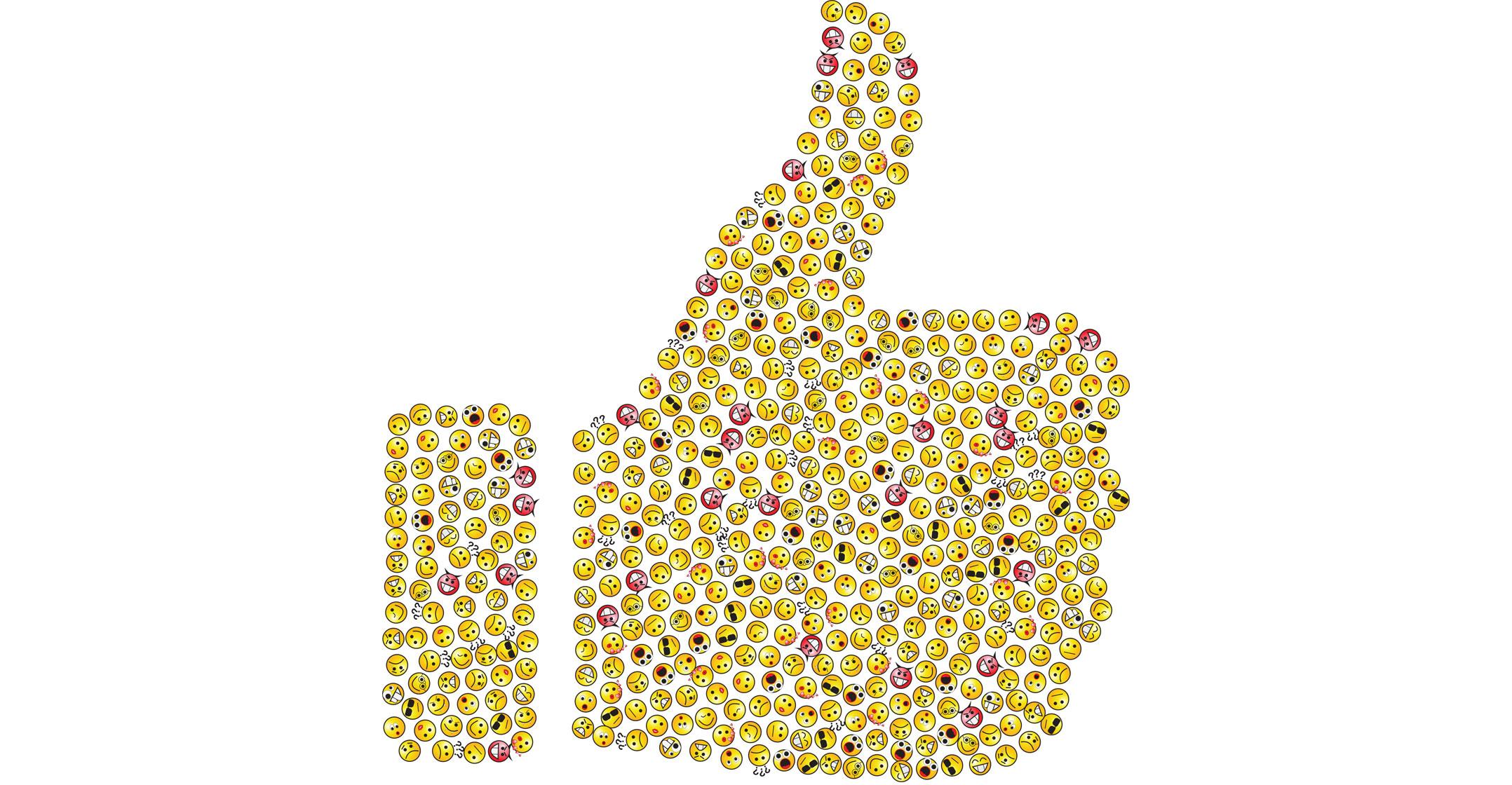
Facebook’s days of dabbling in aerospace engineering are over. The company said in a blog post on Tuesday that it will no longer design or build its own aircraft to beam Internet connectivity over regions with limited access, a project it has been working on since 2014.
Facebook is also closing its facility in the UK that managed drone design, development and testing. The social network was able to build and test the drone, called Aquila, but never managed to deploy it.
Facebook said there are now other companies in aerospace that are investing in the same kind of technology. So it’s time for the company to step out of the race. Instead of building, Facebook said it will work with partners like Airbus on high-altitude connectivity technologies.
Though it ultimately didn’t live up to its ambitions in the skies, the Aquila drone served as a visible symbol of innovation at a company where all of the most important work usually happens behind the scenes, in lines of software code. The Aquila, demonstrated at Facebook’s conferences and, at one point, touted in an innovation lab at the company’s headquarters, was frequently held up as an example of the important work Facebook was doing as part of its mission to connect the world via the Internet. The company is still working on other technologies that can spread online access.
The original plan, unveiled in 2015, involved using balloons to lift unmanned drones with the wingspan of a Boeing 737 airplane to an altitude of 27.4km. There, they would fly for as long as three months and transmit information using lasers. In the drone’s first test flight, it suffered a structural failure as it was coming in for landing, though the company has said it considers the flight a success.
“We were able to demonstrate that an aircraft of this design was viable — with two successful, full-scale test flights,” Facebook said in its blog post.
The Aquila drone was part of the company’s Internet.org initiative to spread access to the billions of people around the world who still don’t have online capabilities, which had been a priority for CEO Mark Zuckerberg. The Menlo Park, California-based company is still working on those initiatives, but in May reassigned Chris Daniels, the head of product for the programme, to run the mobile messaging service WhatsApp instead. Facebook last year also changed its mission. Instead of connecting the world, it’s now focused on bringing people closer together. — Reported by Sarah Frier, (c) 2018 Bloomberg LP




